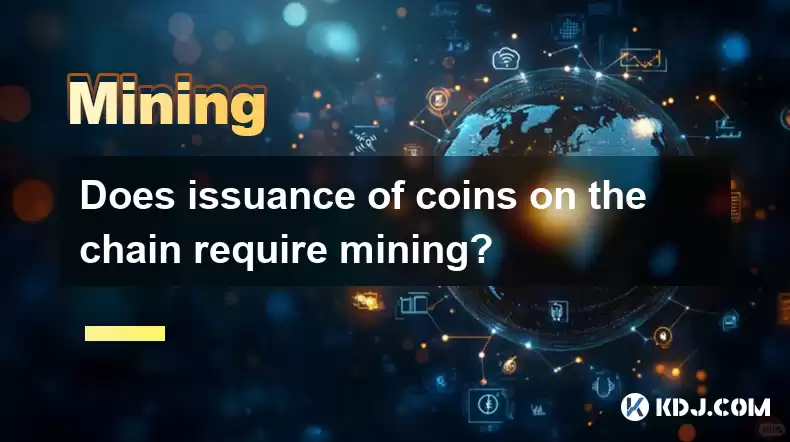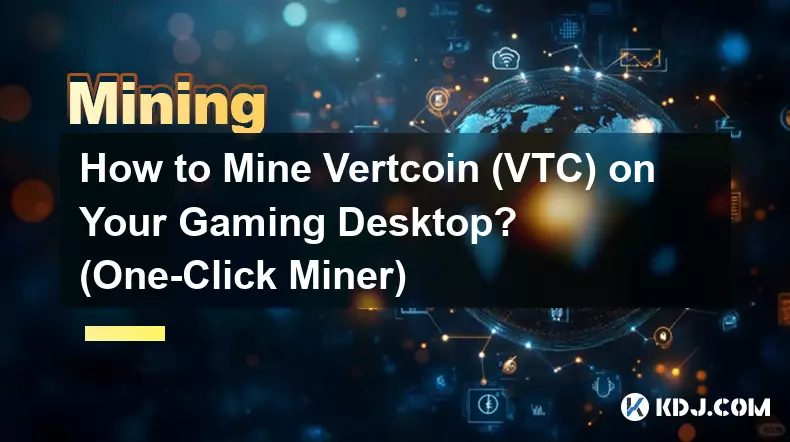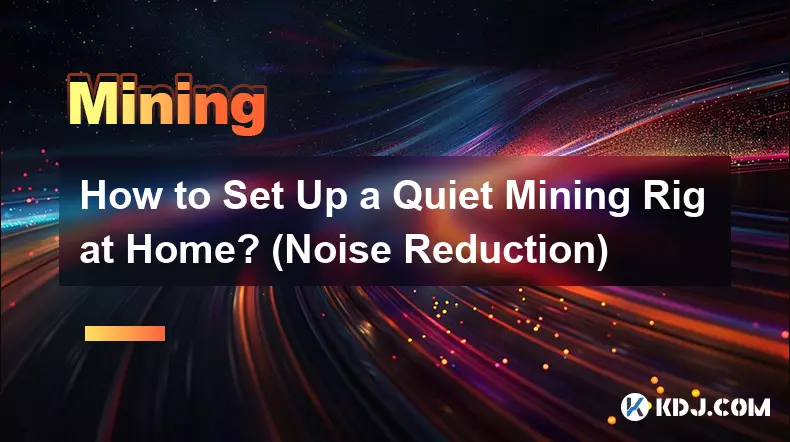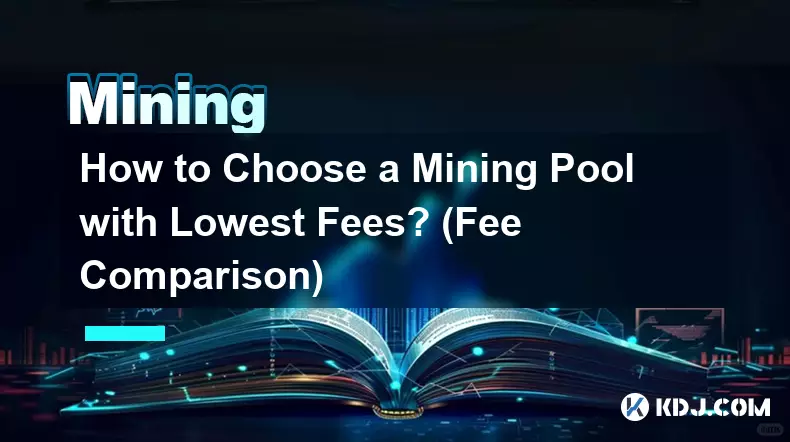-
 bitcoin
bitcoin $87959.907984 USD
1.34% -
 ethereum
ethereum $2920.497338 USD
3.04% -
 tether
tether $0.999775 USD
0.00% -
 xrp
xrp $2.237324 USD
8.12% -
 bnb
bnb $860.243768 USD
0.90% -
 solana
solana $138.089498 USD
5.43% -
 usd-coin
usd-coin $0.999807 USD
0.01% -
 tron
tron $0.272801 USD
-1.53% -
 dogecoin
dogecoin $0.150904 USD
2.96% -
 cardano
cardano $0.421635 USD
1.97% -
 hyperliquid
hyperliquid $32.152445 USD
2.23% -
 bitcoin-cash
bitcoin-cash $533.301069 USD
-1.94% -
 chainlink
chainlink $12.953417 USD
2.68% -
 unus-sed-leo
unus-sed-leo $9.535951 USD
0.73% -
 zcash
zcash $521.483386 USD
-2.87%
Does issuance of coins on the chain require mining?
Non-proof-of-work blockchains, such as proof-of-stake and delegated proof-of-stake, do not require mining for minting coins.
Jan 17, 2025 at 10:18 pm

Hey there, crypto-curious folks! Today, we're diving into a question that's got even the blockchain buffs scratching their heads: does minting coins on the blockchain require mining? Get ready for a wild ride as we break down this crypto conundrum in a way that'll make you go, "Aha!"
What's Minting, Anyway?Picture this: you're the proud owner of a fancy new digital asset, a shiny new coin on the blockchain. How did that coin come to be? That's where minting comes in. Minting is the process of creating new coins and adding them to the blockchain. It's like when a central bank prints physical money, but way cooler because it's all digital and decentralized.
So, About Mining...Now, let's chat about mining. Mining is like the backbone of many blockchains. It's how transactions are verified and added to the blockchain, ensuring the network's security. Miners use specialized computers to solve complex mathematical puzzles, and the first miner to crack the code gets to add the next block of transactions to the chain. As a reward for their efforts, they receive newly minted coins.
But Wait, Is It Always Necessary?Here's where things get interesting. Not all blockchains require mining for minting coins. Some newer blockchains use different consensus mechanisms, like staking or delegated proof-of-stake. In these systems, instead of miners solving puzzles, coin holders can stake or delegate their coins to validators who verify transactions.
When Mining Is a MustSo, when is mining a must for minting coins? Typically, in proof-of-work blockchains like Bitcoin and Ethereum, mining is essential. These blockchains rely on the computational power of miners to secure the network and prevent malicious activity. Without mining, these blockchains would be vulnerable to attacks.
When Mining Takes a BackseatIn contrast, blockchains that use proof-of-stake or delegated proof-of-stake mechanisms don't require mining for minting coins. Instead, coin holders play a more active role in securing the network. They can stake their coins, essentially putting them up as collateral, to become validators. Validators then verify transactions and add new blocks to the chain, earning rewards in the form of newly minted coins.
Which Way Is Better?Hold your horses there, partner! There's no one-size-fits-all answer to which consensus mechanism is better. Each has its pros and cons. Proof-of-work blockchains like Bitcoin are known for their high security and decentralization, but they can be energy-intensive and slow. Proof-of-stake blockchains, on the other hand, are more energy-efficient and faster, but they may be more vulnerable to centralization.
So, to Answer Your Question...Does issuance of coins on the chain require mining? Well, it depends on the blockchain you're dealing with. In proof-of-work blockchains, mining is a crucial part of the minting process. But in proof-of-stake and delegated proof-of-stake blockchains, mining takes a backseat, and coin holders play a more active role in securing the network and earning rewards.
There you have it, folks! Minting coins on the blockchain is a fascinating process that varies depending on the consensus mechanism used. Whether it's mining, staking, or delegation, each method has its unique advantages and challenges. So, as you venture deeper into the world of crypto, keep these concepts in mind to navigate the blockchain landscape like a pro!
Disclaimer:info@kdj.com
The information provided is not trading advice. kdj.com does not assume any responsibility for any investments made based on the information provided in this article. Cryptocurrencies are highly volatile and it is highly recommended that you invest with caution after thorough research!
If you believe that the content used on this website infringes your copyright, please contact us immediately (info@kdj.com) and we will delete it promptly.
- Ilocos Norte's Vibrant Festival Immortalized on New P100 Coin by BSP
- 2026-02-02 21:55:01
- The Warsh Effect: Bitcoin Takes a Dive as Fed Nominee Sparks Crypto Wipeout
- 2026-02-02 22:05:01
- Your Pocket Change Could Be Gold: Spotting the Valuable £2 Coin Error
- 2026-02-02 22:40:02
- ZAMA Token Launches Globally, Ushering in a New Era for Confidential Blockchains
- 2026-02-02 22:40:02
- LBank Elevates DeFi with GOLDEN FI (GLINK) Listing, Bridging Real-World Assets to the Blockchain
- 2026-02-02 21:30:02
- US Investors Pull Billions from Crypto Funds Amidst Shifting Sentiment, CoinShares Report Highlights
- 2026-02-02 22:35:00
Related knowledge

How to Spot a Cloud Mining Scam? (Red Flags to Watch For)
Feb 02,2026 at 08:20am
Unrealistic Return Promises1. Platforms advertising guaranteed daily returns above 1–2% without disclosing underlying hardware, electricity costs, or ...

How to Earn Passive Income with DePIN Mining? (New Trend 2026)
Feb 01,2026 at 12:40pm
Understanding DePIN Mining Mechanics1. DePIN mining relies on real-world infrastructure participation rather than computational hashing. Users deploy ...

How to Mine Vertcoin (VTC) on Your Gaming Desktop? (One-Click Miner)
Feb 02,2026 at 03:39am
Understanding Vertcoin's Mining Algorithm1. Vertcoin uses the Verthash algorithm, which is intentionally memory-hard and designed to resist ASIC domin...

How to Set Up a Quiet Mining Rig at Home? (Noise Reduction)
Feb 01,2026 at 11:00pm
Acoustic Enclosure Design1. Use rigid, dense materials such as MDF or acoustic-grade plywood for the enclosure walls to block mid-to-high frequency no...

How to Choose a Mining Pool with Lowest Fees? (Fee Comparison)
Feb 02,2026 at 02:39am
Understanding Mining Pool Fee Structures1. Pool operators charge fees to cover infrastructure, maintenance, and administrative costs. These fees manif...

How to Mine Bitcoin on Mac (M1/M2/M3)? (Software Tutorial)
Feb 01,2026 at 07:19pm
Understanding Bitcoin Mining on Apple Silicon1. Bitcoin mining relies on solving cryptographic puzzles using computational power, and Apple’s M1, M2, ...

How to Spot a Cloud Mining Scam? (Red Flags to Watch For)
Feb 02,2026 at 08:20am
Unrealistic Return Promises1. Platforms advertising guaranteed daily returns above 1–2% without disclosing underlying hardware, electricity costs, or ...

How to Earn Passive Income with DePIN Mining? (New Trend 2026)
Feb 01,2026 at 12:40pm
Understanding DePIN Mining Mechanics1. DePIN mining relies on real-world infrastructure participation rather than computational hashing. Users deploy ...

How to Mine Vertcoin (VTC) on Your Gaming Desktop? (One-Click Miner)
Feb 02,2026 at 03:39am
Understanding Vertcoin's Mining Algorithm1. Vertcoin uses the Verthash algorithm, which is intentionally memory-hard and designed to resist ASIC domin...

How to Set Up a Quiet Mining Rig at Home? (Noise Reduction)
Feb 01,2026 at 11:00pm
Acoustic Enclosure Design1. Use rigid, dense materials such as MDF or acoustic-grade plywood for the enclosure walls to block mid-to-high frequency no...

How to Choose a Mining Pool with Lowest Fees? (Fee Comparison)
Feb 02,2026 at 02:39am
Understanding Mining Pool Fee Structures1. Pool operators charge fees to cover infrastructure, maintenance, and administrative costs. These fees manif...

How to Mine Bitcoin on Mac (M1/M2/M3)? (Software Tutorial)
Feb 01,2026 at 07:19pm
Understanding Bitcoin Mining on Apple Silicon1. Bitcoin mining relies on solving cryptographic puzzles using computational power, and Apple’s M1, M2, ...
See all articles










































































